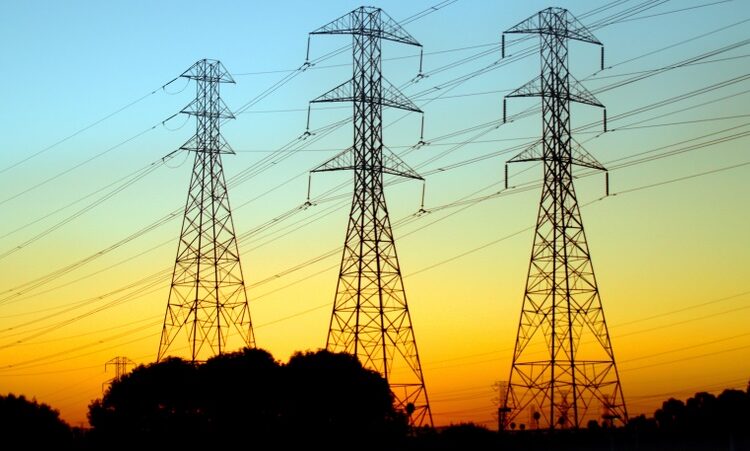Following the mixup over electricity tariffs fixing Nigerian Electricity Supply Industry (NESI), key industry stakeholders have urged for enhanced coordination between federal and state authorities to safeguard the stability and growth of the power sector.
This call comes as the Nigerian Electricity Regulatory Commission (NERC) has clarified that state electricity regulators lack the authority to unilaterally alter tariffs on power supplied from the national grid.
Recall that the Enugu Electricity Regulatory Commission’s (EERC) just announced a slash of electricity tariffs for Band A customers from N209/kWh to N160/kWh, effective August 1, 2025.
The state’s decision had generated significant uncertainty and tension in the electricity industry.
The stakeholders warned against actions that are capable of weakening implementation of the Electricity Act 2023 and returning the industry to the pre-privatisation era when power utilities were run down through political interference.
According to them, the huge debt arising from unpaid subsidies by the federal government is already causing investor apathy and now states are about creating similar conditions that could further widen the debt burden.
Speaking on attempt by state’s electricity regulatory authority reviewing existing tariff structure, Prof. Bart Nnaji, former power minister and chairman Geometric Power, called for more cost-reflective electricity tariff, stressing that the current pricing structure fails to cover the operational and maintenance costs of Power Generation Companies (GenCos), particularly as many critical inputs are imported.
According to Nnaji, the energy charge component of the power tariff Mustapha be able to cover the cost of maintaining the assets, adding that if operators cannot recover expenses for operations and maintenance which are often dollar denominated there will be recurring system failures.
He said the regulator must continue to adjust tariffs in line with actual industry costs to ensure sustainability.
Also, speaking on the issue, Prof. Silk Ugwu Ogbu, of the Lagos Business School, said the situation where the states are beginning to adjust tariff structure may create situations that are likely to disrupt market conditions.
Ogbu, told LEADERSHIP that the ongoing criticism following tariff slash by the Enugu Electricity Regulatory Commission (EERC) should have been addressed by effectively collaborating with operators in the power industry chain, namely Generation, Transmission and Distribution companies to ensure acceptable price stability.
He said, in most cases consumers pay for what is not available but it is better to avoid a situation where states will build up subsidy debt that will make the sector worse than what obtains at the moment.
In his opinion, Dr. Muda Yusuf said, the states lack the capacity to provide subsidies for consumers and at the end destroy the market systems.
Yusuf, an economist, warned against politicising subsidies in the power sector that will discourage investment from the private sector.
Also reacting to the issue, Comrade Adetayo Adegbemle, said though the GenCos may have a good reason to panic but they are not addressing the issues.
Adegbemle, who is the convener of PowerUp Nigeria, wondered if the EERC actually have the right data and might have missed something in the computation of that tariff
Speaking with LEADERSHIP, he said, “I also believe that their assumption that the FG will continue to subsidise Tariff for Enugu State is far reaching, and it is not right for Enugu State to desire Regulatory Autonomy without also considering other liabilities that comes with it”
He pointed out that other assumption in the EERC Tariff Order includes offloading the Transmission Industry Fund (TIF) cost component to Enugu Disco
He also expected that the Nigerian Electricity Regulatory Commission (NERC) would now issue EERC the full cost reflective tariff from the grid to Enugu State, while NISO, and maybe NBET to demand for bank guarantee to continue to serve the state.
“Meanwhile, we might experience panic from the Gencos because Enugu will have to provide evidence they will be able to pay for the electricity consumed in that state.
“The nearest situation we have to this is in South Africa where ESKOM sells to Municipalities at Cost Price, who then sets their local end user tariff
“I expect the National Grid to sell to Enugu State at Cost Reflective Rate, and Enugu can therefore do whatever they wish with the electricity.”
In his opinion, Comrade Kunle Olubiyo, said the states under the Electricity Act 2023 as amended, have the power to license investors to undertake projects from generation, distribution and transmission.
Olubiyo, said they have the responsibility to annex most of the assets that could help in captive market structure, mini-grid development and even renewables.





